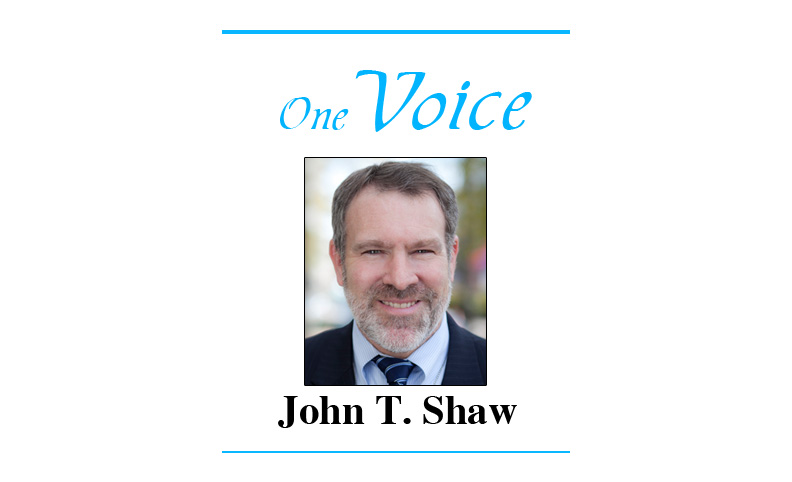
Is the notion of “One Illinois” a reasonable hope, a noble aspiration, or an impossible dream?
The Paul Simon Public Policy Institute is inviting Illinois college students to help us examine this theme and other important questions in the coming Spring at the institute’s second Renewing Illinois Summit.
The institute inaugurated its Renewing Illinois Summit several years ago to consider ways to revitalize the Prairie State. We decided to solicit the perspectives of Illinois’ college students because their views are important and are rarely given proper consideration. Among other things, they are those who soon will decide whether to settle in Illinois and revive our State or depart for what many see as greener pastures.
Thirty-five students from nine Illinois colleges and universities — both public and private, attended our first Renewing Illinois Summit in March 2019. They came from every corner of the State and brought wide-ranging perspectives and penetrating insights. They reviewed background materials, listened to keynote speeches and policy briefings, and spent hours in small group discussions, considering the best way forward for Illinois.
Several themes were evident. The students see enormous potential here, but are concerned that Illinois has fallen into bad habits and has failed to position itself for the long term. They want the State to solve festering problems and build a solid foundation for the future. They want to end a generation of can-kicking and gimmickry that has led to seemingly permanent structural budget deficits. They want Illinois to undertake visionary reforms in higher education to control rising tuition and fees, strengthen academic programs, and encourage high school students to stay in Illinois for college.
We are planning an ambitious summit March 31 and April 1, 2022, that will tackle the complex and consequential question of Illinois’ identity.
Illinois is a large, dynamic, and diverse, state with a rich and complicated history. Regional tensions and fissures have been a common theme during our two centuries of statehood.
Some experts have identified six distinct regions in Illinois: Chicago, suburban Cook County, the collar counties, northern Illinois, central Illinois, and southern Illinois, while others have depicted three: Chicago, the collar counties, and the rest of the State. Other analysts see the division in Illinois as a simple and stark split between urban and rural.
The Spring summit will consider hard, fundamental, and interesting questions such as:
• What specifically can be done to forge a common identity and a sense of shared destiny in Illinois?
• Is it necessary or misguided to think of “One Illinois?”
• Are the different regions in Illinois treated fairly in the allocation of financial resources and political power?
• Can the urban-rural division be bridged?
• Do the residents of the various regions of Illinois inevitably view issues such as guns, education, economic development, criminal justice reform, and transportation differently?
• Are Illinois’ regional tensions related to, or distinct from, the challenges facing other large states such as New York, Florida, Ohio and Minnesota?
We are still refining the structure and agenda for the summit. We want it to carefully consider the changing composition of our State based on the 2020 U.S. Census. What does Illinois look like now? How is this different from, say, 1980, and what is Illinois likely to look like in 2050? What are the public policy implications for these changing demographics?
We want the summit to carefully examine what the COVID-19 pandemic has taught us about the ideal and reality of “One Illinois.” Why have different parts of the State reacted to this borderless pandemic in such starkly different ways?
There is much to consider, and we are looking forward to a summit with stimulating keynotes, spirited panel discussions, and vigorous deliberations by students from the Prairie State.
As we finalize our lineup, we will post the summit agenda on our website. Registration for the summit will open in January 2022. Registration and complete information will be available at paulsimoninstitute.org/renewingil.
John T. Shaw is the director of the Paul Simon Public Policy Institute at Southern Illinois University Carbondale. Shaw’s monthly column explores how Illinois can work toward better politics and smarter government.

